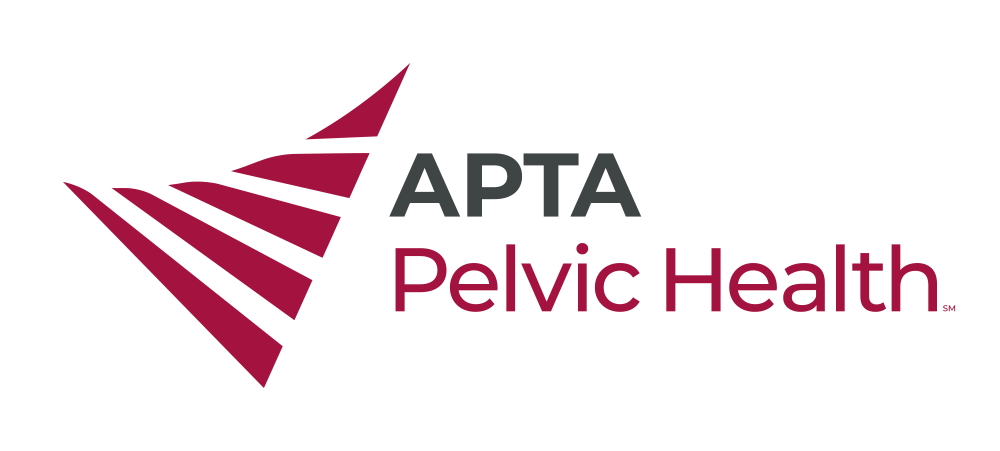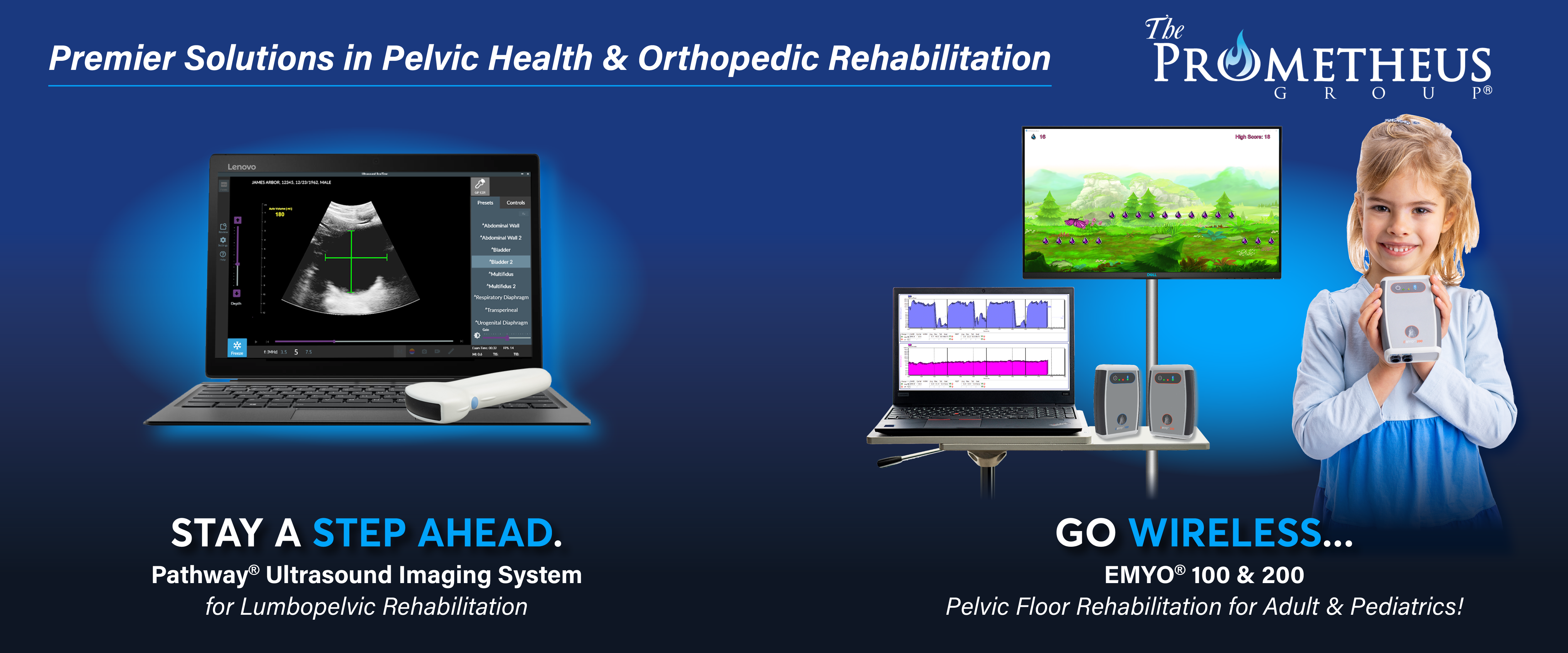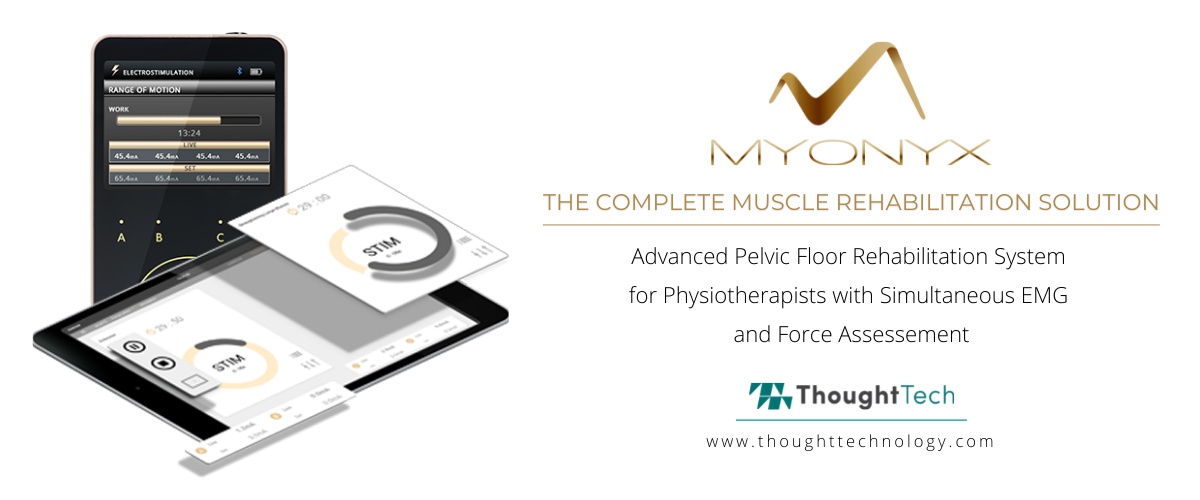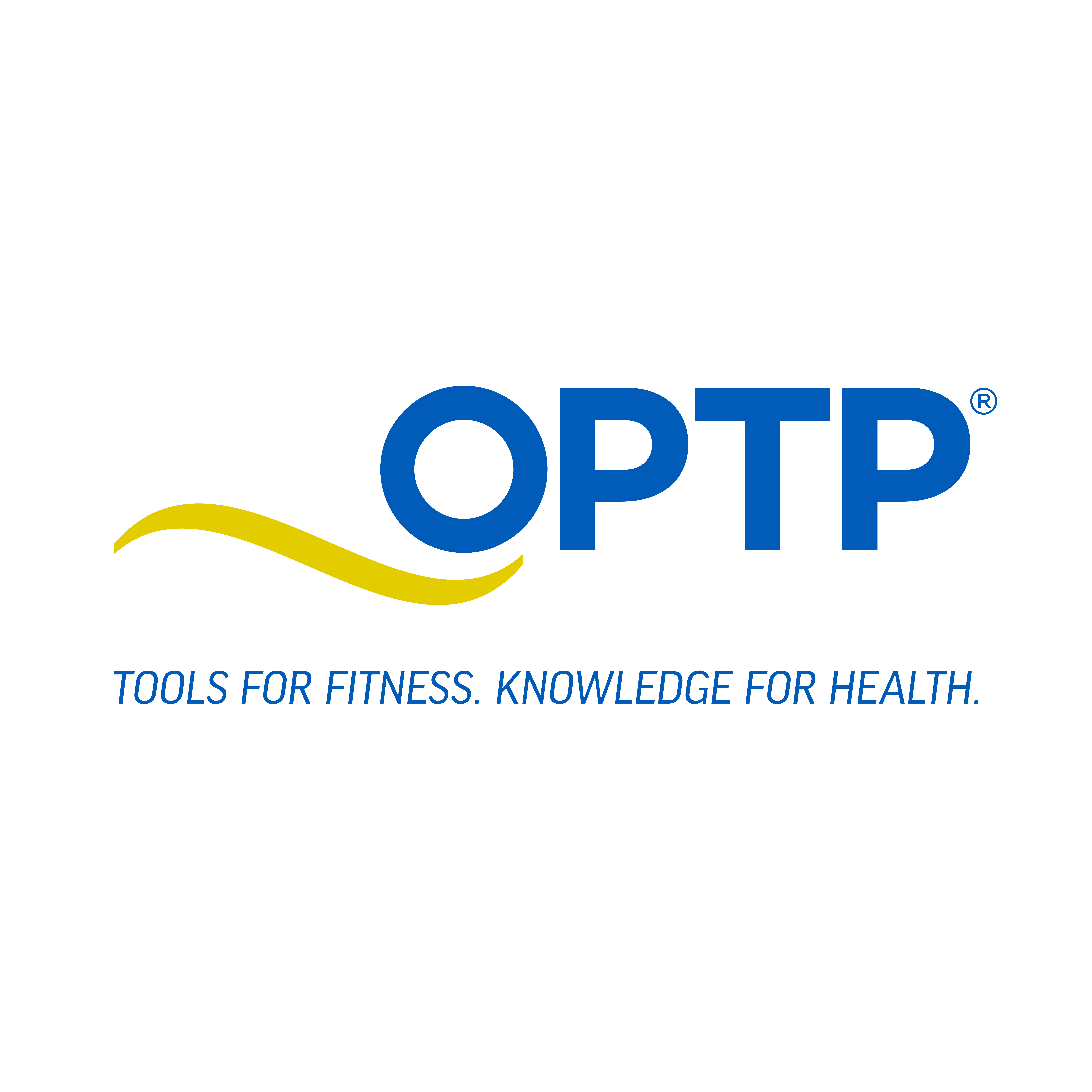4th Annual Virtual Fall Symposium
Join from Anywhere

About the Event
Join us for an enlightening virtual Fall Symposium designed exclusively for clinicians in pelvic and abdominal health physical therapy! Discover the latest advancements and research in the field, all from the comfort of your own home or office. Our esteemed lineup of expert speakers will deliver engaging presentations covering a range of topics relevant to your practice. Expand your knowledge, network with fellow professionals, and gain valuable insights that will elevate your skills and patient care. Don't miss this opportunity to stay at the forefront of your profession. All attendees will gain access to the Learning Center which will post-symposium recordings, handouts, quizzes, and certificates during the symposium. Register today and embark on a learning experience that will energize and inspire you!
Become a Sponsor
Sponsor our 4th annual, virtual Fall Symposium! Proceeds from sponsorship help the Academy sponsor its research grants, scholarship, member programs, and more!
2023 Gold, Silver, and Bronze Sponsorship Packages
Programming Schedule
Each session is 45 minutes in duration followed by a 20-minute live question and answer session. Tap below on each link to learn more about each session and the presenter. The agenda order and times listed below are subject to change.
Saturday, September 30, 2023
By the end of this course, the learner will be able to:
- Identify cancer treatments contributing to pelvic cancer-related lymphedema
- List the signs and symptoms of pelvic cancer-related lymphedema
- Discuss the impact of pelvic cancer-related lymphedema on pelvic health
- Describe rehabilitation assessment and treatment for pelvic cancer-related lymphedema
About Dr. Alexandra Hill, PT, DPT, CLT
 Dr. Alex Hill, PT, DPT, earned her Doctor of Physical Therapy at the University of Florida and completed the Women’s Health Physical Therapy Residency at Duke Health. Alex is a double Board-Certified Clinical Specialist in Women's Health and Oncologic Physical Therapy and a LANA Certified Lymphedema Therapist. She is presently a physical therapist with UF Health Jacksonville, specializing in pelvic health, oncology, and lymphedema rehabilitation for all genders. In addition to her clinical work, she has multiple peer-reviewed research publications, has presented at national and international conferences, and is passionate about providing inclusive and empowering education on pelvic health and oncology rehab through her business, OncoPelvic PT.
Dr. Alex Hill, PT, DPT, earned her Doctor of Physical Therapy at the University of Florida and completed the Women’s Health Physical Therapy Residency at Duke Health. Alex is a double Board-Certified Clinical Specialist in Women's Health and Oncologic Physical Therapy and a LANA Certified Lymphedema Therapist. She is presently a physical therapist with UF Health Jacksonville, specializing in pelvic health, oncology, and lymphedema rehabilitation for all genders. In addition to her clinical work, she has multiple peer-reviewed research publications, has presented at national and international conferences, and is passionate about providing inclusive and empowering education on pelvic health and oncology rehab through her business, OncoPelvic PT.
This session will focus on RUSI in B-mode, its application in various body areas relevant to pelvic rehabilitation, and the analysis of pelvic girdle motor control through transabdominal imaging. Additionally, we will introduce RUSI in the context of the abdominal wall, diaphragm, transperineal, and spinal locations, as well as touch upon M-mode for objective measurement of motor control responses.
Upon completion of this session, participants will be able to:
- Understand the different scanning modes, planes, and locations of the body utilized in Lumbopelvic Ultrasound Imaging within the field of Pelvic Physical Therapy.
- Understand how Rehabilitative Ultrasound Imaging (RUSI) can contribute to clinical decision-making to improve the management of patients with a variety of lumbopelvic dysfunctions.
- Identify correct and incorrect motor control strategies utilizing RUSI for the abdominal wall and pelvic floor muscles.
About Dr. Amanda Moe, PT, DPT, PRPC
 Dr. Amanda Moe has specialized in pelvic health physical therapy exclusively since 2012. Amanda specifically treats men, women, and children with disorders of the pelvis and pelvic girdle. In 2015, Amanda earned her Pelvic Rehabilitation Practitioner Certification (PRPC). Amanda has taken over 40 courses (totaling over 500 hours of specialized education and training) specifically related to the pelvic girdle and overall pelvic health.
Dr. Amanda Moe has specialized in pelvic health physical therapy exclusively since 2012. Amanda specifically treats men, women, and children with disorders of the pelvis and pelvic girdle. In 2015, Amanda earned her Pelvic Rehabilitation Practitioner Certification (PRPC). Amanda has taken over 40 courses (totaling over 500 hours of specialized education and training) specifically related to the pelvic girdle and overall pelvic health.
Amanda's has a wide variety of clinical experience in the field of pelvic health including working for two major hospitals in Houston, TX; working for and with two of the "Top 10 Best Children's Hospitals in the US" regarding pediatric pelvic physical therapy services; assisting with pelvic physical therapy program development in Houston, TX and Pittsburgh, PA; as well as working in both the in- and out-patient pelvic physical therapy setting treating Men, Women, and Children. In 2017, Amanda and her colleagues at Texas Children's Hospital were published in the Journal of Pediatrics regarding pediatric pelvic physical therapy for bowel dysfunction.
The talk will begin with a short introduction to terminology related to transgender health. A primer on inclusive language and additional resources will be included. Next, I will discuss the changes testosterone induces in the pelvis. From there, I will share how either current use or past use of testosterone therapy influences the following conditions commonly treated by the pelvic health practitioner: abdominal pain, lower urinary tract dysfunction, and sexual dysfunction. This session will also touch on considerations for preparing people for gender-affirming bottom surgeries, such as metoidioplasty and phalloplasty.
Takeaways from this class will emphasize immediate applicability in the clinic. Suggestions for improving the welcomeness of pelvic health clinics for transgender and gender-diverse clients will be included and the session will conclude with resources for finding support for ongoing clinical work in transgender healthcare.
Upon completion of this session, participants will be able to:
- Understand appropriate language for referring to transgender and gender-expansive people.
- Understand the implications of testosterone on the pelvis of people assigned female at birth (AFAB).
- List three considerations for pelvic health practitioners treating abdominal pain, lower urinary tract dysfunction, and sexual dysfunction in people using gender-affirming testosterone therapy.
About Dr. Ken McGee, PT, DPT (they/he)

Dr. Ken McGee, PT, DPT, (they/he) is a queer transmasculine pelvic health physical therapist based in Seattle. Their mission is to bring greater awareness to the pelvic health needs of the LGBTQIA2S community. They enjoy mentoring other rehabilitation professionals to better care for people of all genders.
Ken received their Doctor of Physical Therapy from the University of Washington in 2014 and their board certification as a Women’s Health Clinic Specialist (WCS) in 2018. Ken has lectured nationally and internationally on birth tears. Their practice, B3 Physical Therapy, centers on transgender and perinatal rehabilitation. Ken also provides peer bodyfeeding support and doula care.
About Dr. Holly Tanner, PT, DPT, MA, Board-Certified Orthopaedic Clinical Specialist

Holly Tanner is a physical therapist and a massage practitioner who has focused care in orthopedics and pelvic health for nearly 30 years. She has instructed internationally on the topic of Men's Health and is proud to be a newly appointed member of the Academy's Men's Health Special Interest Group. Holly is the Director of Education for the Herman & Wallace Pelvic Rehabilitation Institute and treats patients at her private practice in Seattle, Washington. She has instructed in physical therapy programs in person as well as online, and also owns a consulting business.
1:30 PM - 2:30 PM Eastern Time (US)
Women who deliver via c-section face the immediate challenge of recovering from major abdominal surgery while caring for a newborn, yet the importance of physical therapy for these women is often overlooked. This lecture highlights the significance of physical therapy in addressing musculoskeletal impairments that affect post-c-section issues such as low back pain, dyspareunia, pelvic floor dysfunction, and incisional pain.
Studies show that a significant number of women experience c-section incision pain, with additional health issues including bowel movement difficulties, exhaustion, and sleep deprivation. Furthermore, women who have had c-sections exhibit greater changes in abdominal fascia and muscle thickness compared to those who delivered vaginally. A comprehensive musculoskeletal examination is crucial to identify and address these issues, encompassing mobility, strength, functional movements, intra-abdominal pressure management, diastasis recti abdominis, pelvic floor function, breathing patterns, and the c-section incision.
Taking a holistic approach that includes teaching proper pelvic floor and transversus abdominis contraction and incorporating core-strengthening exercises can effectively alleviate chronic low back pain. Additionally, providing pain neuroscience education can help women understand pain mechanisms and actively reduce pain responses, aiding in their recovery and return to prior levels of function.
Learner Objectives
Upon completion of this session, participants will be able to:
- Understand the types of issues women who have delivered by c-section face.
- Understand available pelvic floor and abdominal wall dysfunction treatments for women after C-sections.
- Understand pain neuroscience education for women with c-sections and strategies for decreasing sympathetic nervous system activation.
About Dr. Cathy Garwacki, PT, DPT, PRPC

Dr. Cathy, DPT, OCS is a native of North Dakota, but grew up mostly in Minnesota. After much moving around, she and her family landed in Georgia. Dr. Cathy, DPT, OCS has worked in pelvic health and orthopedic physical therapy since 2009. She developed a passion for helping mothers recover from birth both immediately postpartum and years down the road after delivery. Having experienced a C-section with her third child, Dr. Cathy, DPT, OCS has been able to clearly see the importance of a solid physical therapy program for full recovery after a c-section. She currently practices at Barbelle Pelvic Rehab in Canton, GA, primarily treating women with pelvic floor dysfunction of one kind or another. When not working as pelvic floor PT, Dr. Cathy can be found visiting all the parks and pools around Canton, GA with her family, day hiking, chasing waterfalls, and working in her family’s garden.
Pelvic floor dysfunction (PFD) affects 25% of individuals with female anatomy and 10% of those with male anatomy, costing healthcare around half a billion dollars annually. PFD in athletes, especially males, is underestimated due to limited research. Underdiagnosis leads to inadequate referral to pelvic floor physical therapy (PFPT), impacting athletic performance and causing potential withdrawal from sports. This presentation aims to address PFD in all athletes, enhance recognition by non-sports-oriented pelvic floor therapists, and promote early referral. Stress urinary incontinence (SUI) affects 45% of female athletes and 15% of males, requiring expanded treatment approaches. Pelvic pain is frequently unrecognized in male and female athletes, with exercise-related issues like pudendal nerve entrapment and perineal pain. Improved understanding and early intervention can optimize pelvic floor function for athletes.
Learner Objectives
Upon completion of this session, participants will be able to:
- Recognize the prevalence of pelvic floor dysfunction in athletes of all genders.
- Identify mechanisms by which athletic training and performance can lead to pelvic floor dysfunction.
- Identify symptoms of orthopedic diagnoses in athletics that can have root causes of pelvic floor dysfunction.
About Dr. Jennifer Gentile, PT, DPT, Board-Certified Sports Clinical Specialist
 Jennifer earned her bachelor’s degree from Villanova University and her DPT from New York University. She worked at Columbia Doctors Sports Therapy, Columbia University Medical Center for 11 years. While at Columbia, she served as senior physical therapist and CCCE. In 2013, she joined Scerbo Physical Therapy and Sports Rehabilitation in Edgewater, New Jersey where she continued working with the ortho/sports population and began a program in pre/postnatal physical therapy. In 2014, she became founding Director of Clinical Education for Kean University DPT program. She held that role until Kean DPT earned accreditation. Currently she holds the position of Clinical Assistant Professor in the DPT program at Kean University and works clinically at in the Atlantic Health System, Atlantic Rehabilitation in Pompton Plains. Her clinical interests pelvic floor considerations in athletes, the pregnant athlete, pre/postnatal physical therapy and pediatric/adolescent sports physical therapy.
Jennifer earned her bachelor’s degree from Villanova University and her DPT from New York University. She worked at Columbia Doctors Sports Therapy, Columbia University Medical Center for 11 years. While at Columbia, she served as senior physical therapist and CCCE. In 2013, she joined Scerbo Physical Therapy and Sports Rehabilitation in Edgewater, New Jersey where she continued working with the ortho/sports population and began a program in pre/postnatal physical therapy. In 2014, she became founding Director of Clinical Education for Kean University DPT program. She held that role until Kean DPT earned accreditation. Currently she holds the position of Clinical Assistant Professor in the DPT program at Kean University and works clinically at in the Atlantic Health System, Atlantic Rehabilitation in Pompton Plains. Her clinical interests pelvic floor considerations in athletes, the pregnant athlete, pre/postnatal physical therapy and pediatric/adolescent sports physical therapy.
We're Proud to have Our Gold Sponsors to Help Elevate this Year's Annual Fall Symposium!
We're Proud to have Our Gold Sponsors to Help Elevate this Year's Fall Symposium!
- Learning Center Access
- Live Q&A with presenters
- Recordings of all sessions
- Handouts from presenters
- Post-Event Surveys
- Post-Event Quizzes
- Approximately 7 contact hours
- Opportunity to Network!
- Digital Badge you can add on LinkedIn!
Congratulations to all speakers that have been selected. Thank you to all who submitted a proposal. If your proposal was not selected this year, we encourage you to apply again next year!
For More Information:
 1390 Chain Bridge Rd Ste 50007
1390 Chain Bridge Rd Ste 50007McLean, VA 22101 844.576.4055













